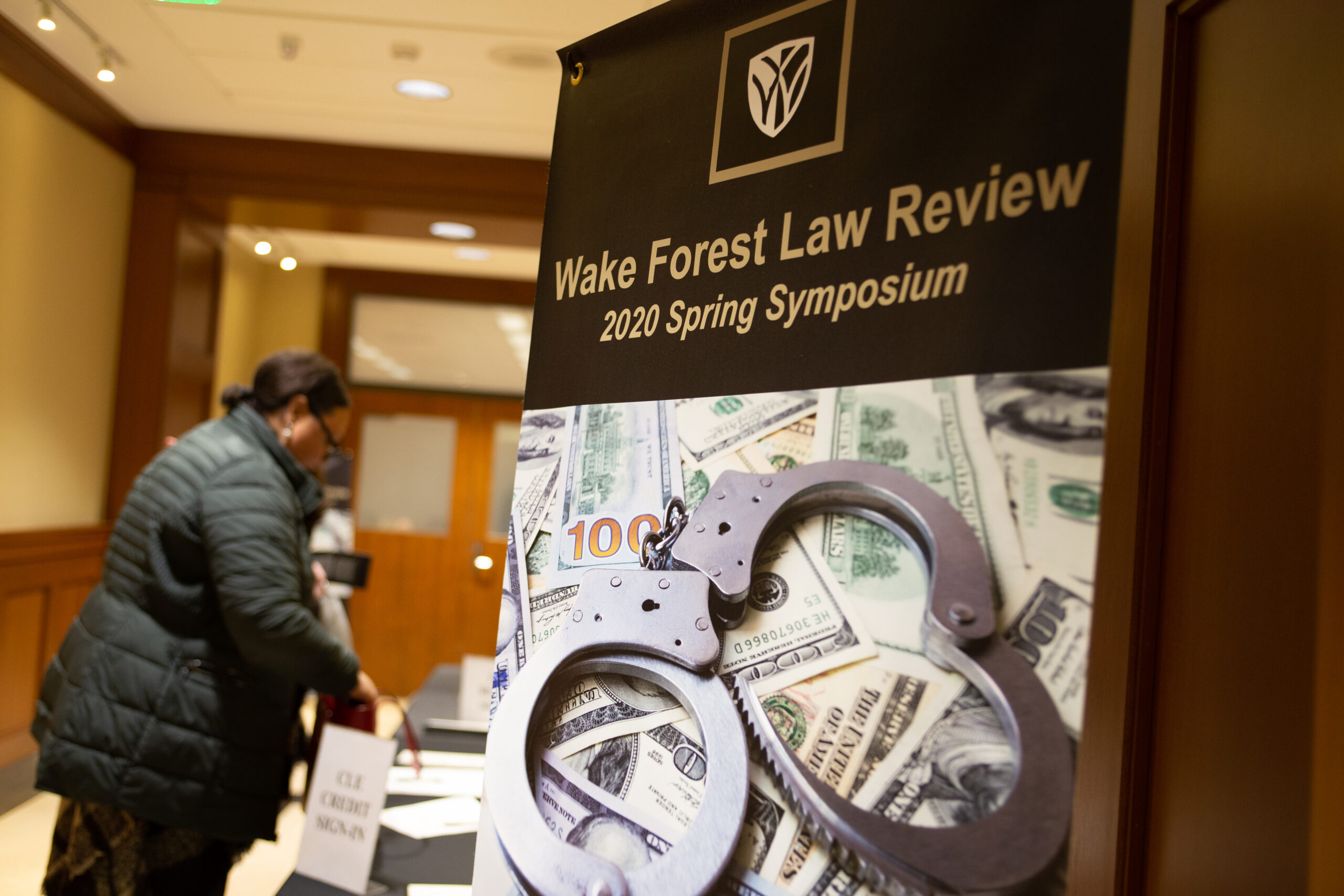Co-Curricular Programs

Put What You’re Learning into Practice
Co-curricular programs are vital to a well-rounded legal education. These programs:
- Complement academic studies, reinforcing learning and skills
- Provide hands-on experience that help you apply theoretical knowledge to real-world scenarios
- Develop critical skills like public speaking, research, leadership, teamwork, and more
- Allow you to explore different areas of the law, contributing to the formation of your professional identity
- Set you apart from other candidates as you seek employment
- Encourage collaboration and camaraderie among your peers
- Expose you to practicing attorneys, judges, and other legal professionals, providing valuable networking opportunities
Co-Curricular Programs
When you join a law journal, you have the opportunity to contribute to legal scholarship while accelerating your professional development through legal research and writing, publishing, and organizing symposia.
Law Review
The Law Review conducts timely evaluations of current problems in the law. Previous issues have covered human trafficking, mass incarceration, and legal education reform.
Journal of Business & Intellectual Property Law
The Journal of Business & Intellectual Property Law is dedicated to the intersection of intellectual property and business law. Previous issues have covered banking law, intellectual property in the digital age, and franchise law.
Journal of Law & Policy
The Journal of Law & Policy investigates the legal issues surrounding public and social policy. Previous issues have covered community-centered policing, funeral and cemetery law, and food policy.
Moot Court creates opportunities for students to develop effective legal research skills, draft persuasive appellate briefs, and deliver oral arguments through their participation in various intramural and interscholastic appellate advocacy competitions.
George K. Walker Moot Court Competition
The George K. Walker Moot Court Competition is the first chance for law students to join the Wake Forest Moot Court Board. It is a competition strictly for first-year students and collaborates with Wake Forest Law’s Legal Analysis, Writing and Research (LAWR) program. Competitors argue two appellate arguments. Moot Court members score each competitor’s brief and both oral arguments.
Edwin M. Stanley Moot Court Competition
The Stanley Competition is an intramural moot court competition held each fall semester and open to all second- and third-year law students. The competition is based on the problem taught in the Legal Analysis, Writing and Research III course during the fall semester. The 16 top overall competitors continue on in a single elimination tournament. Invitations to Moot Court board membership are awarded to these 16 finalists.
For more information, email lawcomps@wfu.edu.
Wake Forest Law has a history of excellence in trial advocacy, including regional and national victories in the National Trial Competition (our “NTT” teams) and the Student Trial Advocacy Competition (our “AAJ” teams). Students are coached by practicing attorneys and engage in intensive preparation and practice in the Law School’s courtrooms. Membership on a Wake Forest Law Trial Team is earned through a competitive selection process. Participation gives litigation-focused students an experience that is valuable and highly respected.
For more information, email lawcomps@wfu.edu.